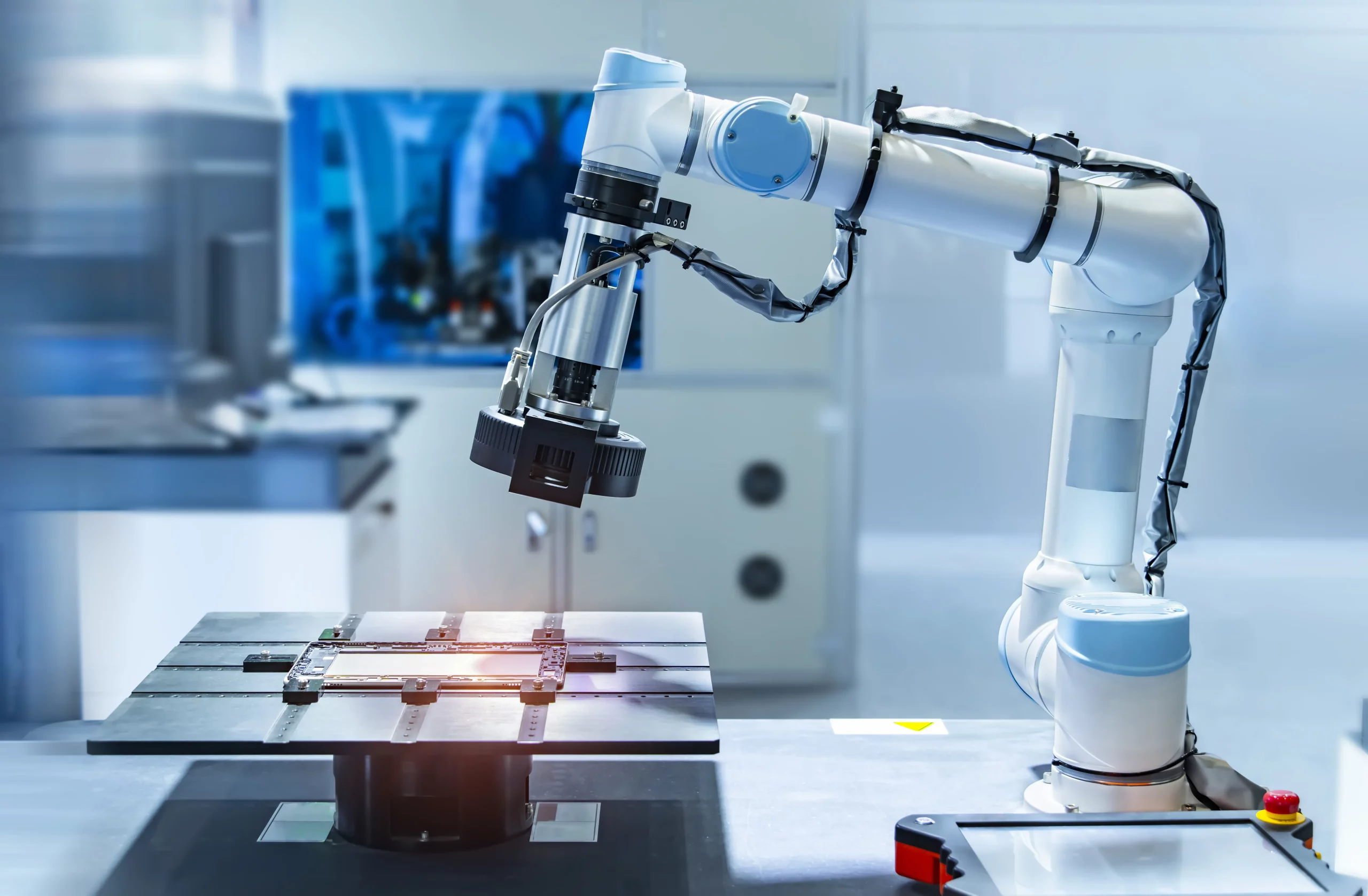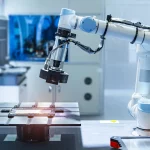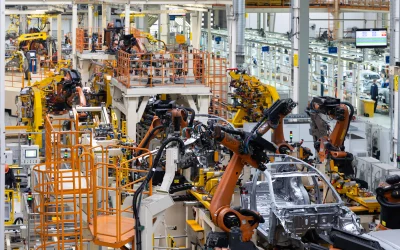
Robotic quality control and inspection cells
Robotic quality control cells are automation units dedicated to inspecting products during or at the end of the production process.
These systems are designed and integrated to detect defects, measure tolerances and ensure that each product meets predefined quality standards.
Ask a quotation or contact usTypical applications
- Automotive industry: inspection of components such as engines, transmissions and bodies to detect imperfections or non-conformity.
- Electronics Industry: integrity verification of printed circuit boards (PCBs), electronic components and devices.
- Food and Pharmaceutical Industry: packaging quality control, labelling verification and contaminant control.
- Production of metals and plastics: measurement of dimensions and verification of the surface finish of machined parts.
Technologies used
- Machine Vision Systems: high-resolution cameras and image processing software to identify visual defects such as scratches, deformations or printing errors.
- 3D Measurement Sensors: laser or structured light scanners to accurately measure product sizes and shapes.
- X-ray Systems: used for non-destructive inspection of products, especially in the food and pharmaceutical industries, to detect impurities or internal defects.
- Ultrasonic sensors: for the detection of internal defects in materials such as metals or composites.
- Data Analysis Software: machine learning algorithms for the analysis of collected data and automatic detection of anomalies.
Advantages
- Accuracy and Reliability: the robotic islands provide constant, error-free quality control, reducing the risk of defective products.
- Efficiency: they accelerate the inspection process compared to manual inspections, reducing production time.
- Cost Reduction: they minimize the need for human intervention, reducing labor costs and improving operational efficiency.
- Documentation and Traceability: they record and store inspection data to ensure traceability and compliance with quality standards.
These robotic cells, precisely because of the delicate function required, in many cases have to replace human sensitivity and experience, for this reason they require a careful integration with the rest of the production line, Especially in complex environments or with highly customized products.
Future developments will be very interesting and will certainly involve AI with the related development of algorithms to improve the ability of robots to recognize complex defects and make decisions in real time.
sectors of application
Ask a quotation or contact us
"*" indicates required fields
Other systems

Assembly robot islands are automated systems used in various industrial sectors to optimise production processes.
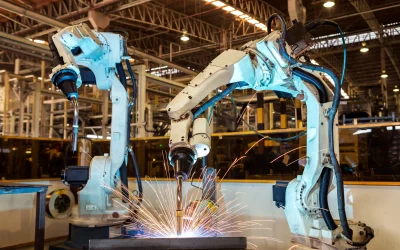
Robotic welding cell
The robot welding cells are used in the automotive industry and in general in companies where metal processing requires high precision.
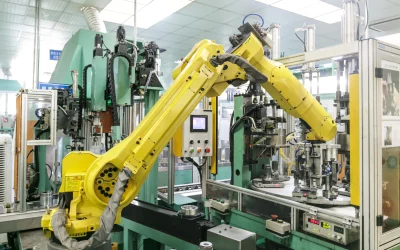
Robotic handling cells
Robotic handling or pick-and-place cells are designed to move, orient, sort, and position materials
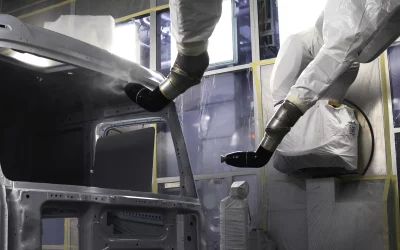
Robotic painting cells
Robotic painting cells are designed to apply paints, protective coatings or other materials on a wide range of products and in a wide variety of application areas.
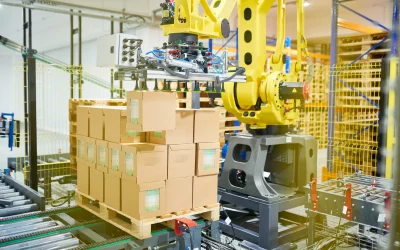
Robotic packaging and palletising cells
Robotic packaging and palletising cells are a key component for any modern production line, especially in high volume environments where speed and precision are critical.
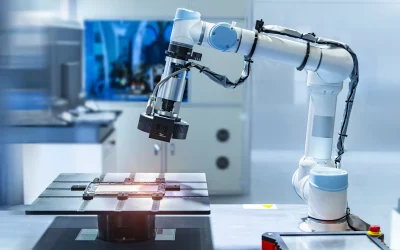
Robotic quality control and inspection cells
Robotic quality control cells are automation units dedicated to inspecting products during or at the end of the production process.
Those who have already chosen us...

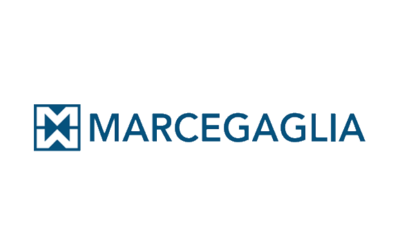


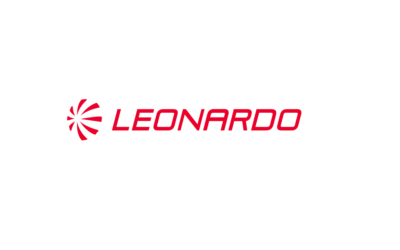
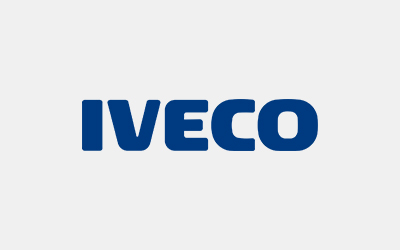
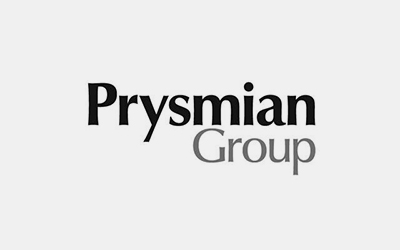

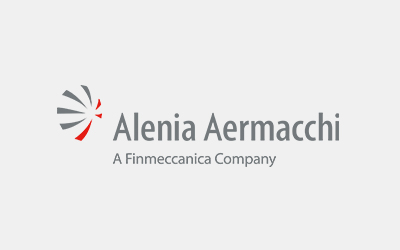

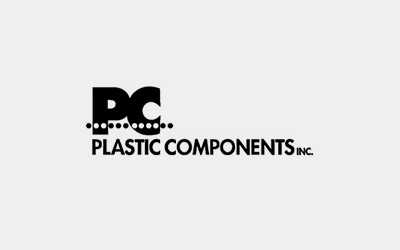


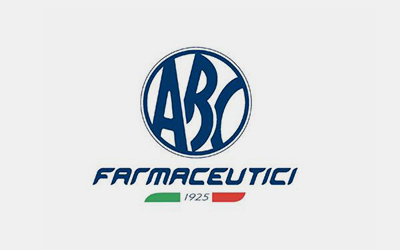
Powered by Internetimage.it
© Copyright 2026 TAURUS Automation Srl -
VAT IT 13158210016 -
REA TO-1343672 -
SOCIAL CAPITAL 10.000 euro iv
